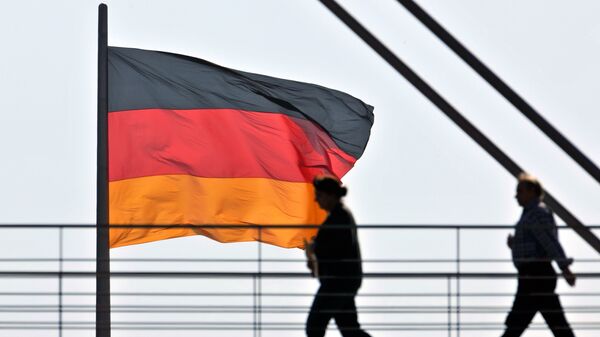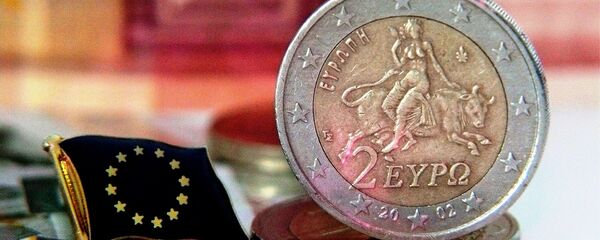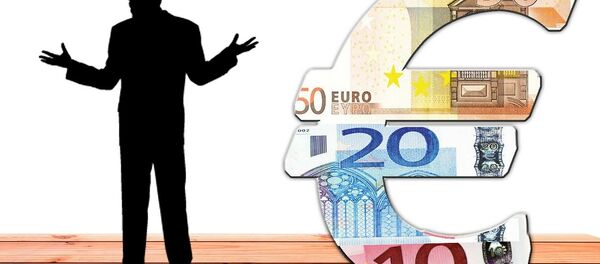However, the ongoing political and economic turmoil in the Eurozone’s other major economies have marred the outlook for Germany, limiting growth expectations somewhat, as the Italian banking crisis, the French-German trade woes, and the hazards of a potential Frexit and Itexit are all weighing on broader European investment sentiment.
Business confidence in Germany hit its highest point since 2011 in April, suggesting the Eurozone’s powerhouse economy is poised to accelerate this year, driving the bloc’s economic growth regardless of the ever-emerging political concerns. The Munich-based Ifo Institute released their business sentiment measure for this month on Monday, which reflects greater optimism among the nation’s CEOs regarding the state of affairs in the German economy.
The Ifo business climate index rose to 112.9 in April from 112.4 the previous month, beating earlier expectations that the metric would remain unchanged in the light of intra-Eurozone concerns, which include, among other things, the ongoing French presidential election.
"The German economy is by no means being impressed by political uncertainty," Klaus Wohlrabe of Ifo said. "I think we'll see a really good first quarter."
The official GDP figures for 1Q17 have not arrived yet, but multiple indirect indicators have already suggested the German economy has accelerated in the first three months of this year. Besides, the upbeat business sentiment in April likely reflects the economy gaining momentum into 2Q17, defying the international headwinds.
"This may strengthen calls for monetary policy normalisation from Germany," Jennifer McKeown of London-based Capital Economics wrote. "But with underlying inflation still weak in the Eurozone as a whole, we doubt that the ECB will be swayed."
Last year, the German economy posted its quickest pace of expansion since 2011, when the European debt crisis limited growth all over the EU. However, Ifo’s forward-looking index capped German economic optimism somewhat: the expectations measure fell from 105.7 in March to 105.2 this month as German CEOs expressed their concern regarding the future of the Eurozone.
Germany's current economic conditions are, nonetheless, very favourable, according to Ifo, with the respective measure having increased to 121.1 in April from 119.5 last month. Although the German private sector cooled in April and the services sector underperformed somewhat, higher levels of governmental investment, backed by higher tax revenues, contributed to a brighter overall picture.
Deutsche Bundesbank (the German Central Bank) said in a separate report that manufacturing and individual consumption were the key drivers in the first quarter, but growth momentum might be weakening in the longer-term.
"Private consumption will remain an important driver for growth due to a favorable development of the labor market and good consumer sentiment," the Bundesbank said.
For now, however, things are going fairly well.
"The German economy is growing strongly," Clemens Fuest of Ifo Institute said in a statement.
The rising political tensions in France, where the Eurosceptic far-right candidate Marine Le Pen made it into the second round of the presidential election, due on 7 May, have contributed to the German CEOs’ worries. Under Le Pen, France is expected to exit the Eurozone, producing greater economic uncertainty in the low-growth environment of the Eurozone’s economy.
Germany has its own general election in September, but it is not quite clear whether the wave of right-wing populism has had any significant impact on the German public yet.





